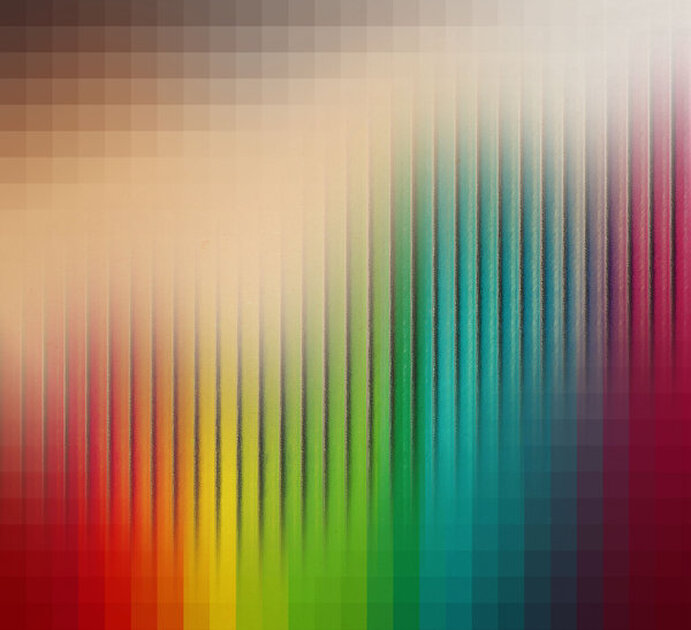
Our Gemara on Amud Aleph discusses that during the day, the Sun appears white, while in the morning and evening it has a reddish hue. What are the suggested causes?
In the morning it becomes red as it passes over the site of the roses of the Garden of Eden, whose reflections give the light a red hue. In the evening the Sun turns red because it passes over the entrance of Gehenna, whose fires redden the light. And there are those who say the opposite in explaining why the sun is red in the morning and the evening, i.e., in the morning it passes over the entrance of Gehenna, while in the evening it passes over the site of the roses of the Garden of Eden.
What is the significance of the dispute about the order? What difference does it make if the morning tint is from the Garden of Eden and the evening from Gehenom, or the reverse?
I believe the polar aspect of Day and Night, Heaven and Hell, while still manifesting the same color, alludes to the other major polarity in the world: Good and Evil. Even though they are opposites, they represent an ultimate unity, hence the same color. We need to have the choice for evil in order for our good choices to be moral. By definition, something not chosen cannot be moral as it is an unyielding fact, not an evaluation and decision. Facts cannot be evil or good.
What about the order? What is the idea behind whether the morning red comes from Heaven or Hell, and the same question regarding the evening red? This might be alluding to another Gemara (Succah 52a), that describes a paradoxical difference between how the righteous report their experience of the evil inclination pre-redemption and post redemption:
Rabbi Yehuda taught: In the future, at the end of days, God will bring the evil inclination and slaughter it in the presence of the righteous and in the presence of the wicked. For the righteous the evil inclination appears to them as a high mountain, and for the wicked it appears to them as a mere strand of hair. These weep and those weep. The righteous weep and say: How were we able to overcome such a high mountain? And the wicked weep and say: How were we unable to overcome this strand of hair?
This insightful Gemara speaks of the paradox of human nature and desire; it can appear overwhelming and impossible to control, and at other times, a mere nothing. The righteous who struggled successfully to overcome their animal instincts came to understand how truly difficult it was, expressing amazement at their ability to have overcome it. The wicked, who did not fight to resist their urges and lusts, see at the end of days how insignificant their needs and compulsions were in comparison to what was at stake. They cannot believe how small the evil inclination really was.
The two opinions about the source of red are not in disagreement. As is often seen from a mystical perspective, there are no disputes, just different aspects and sides of the coin. The righteous, who grappled and overcame evil in this world had the red tint of Heaven at sunrise, while the evil, who did not contend with their evil inclination were overcome by the taint of Gehenom red at sunrise, only seeing the Heavenly tint, the truth, at the end of days.

 Previous
Previous
